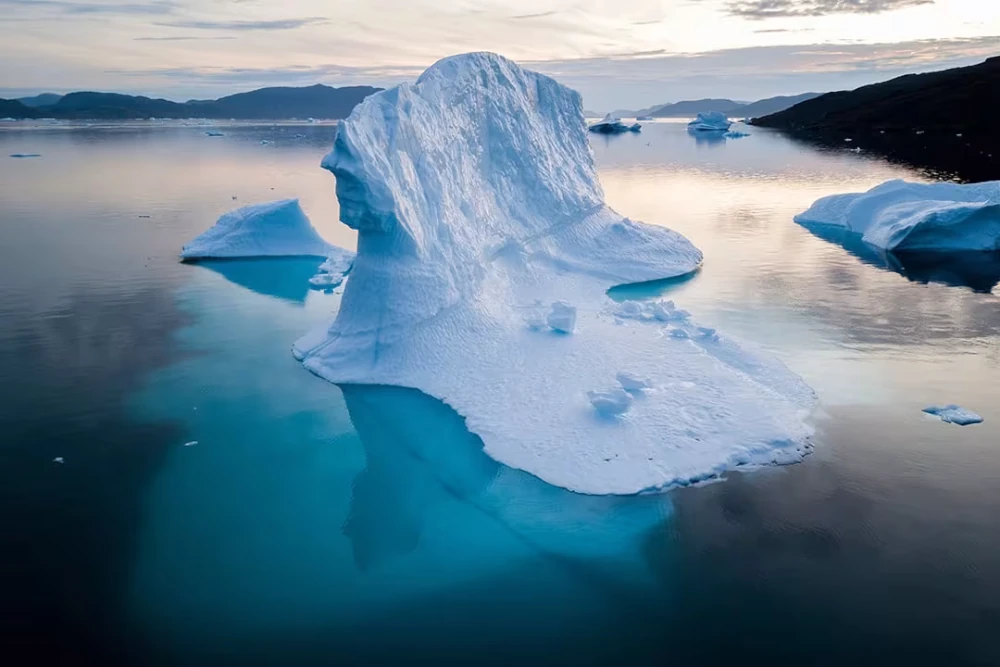Climate change ignites fierce debate. Many tie human activity to global warming. Skeptics argue it’s exaggerated or misinterpreted. This article examines skeptics’ views focusing on their detailed reasoning. Skeptics present several arguments to challenge the narrative that human activity primarily drives global warming, suggesting it’s overstated or misunderstood:
Natural Climate Variability:
Skeptics argue Earth’s climate naturally shifts over time. They cite the Medieval Warm Period, when temperatures rivaled today’s, and the Little Ice Age, a cooler era. They attribute current warming to natural factors like solar activity, volcanic eruptions, or ocean currents. For instance, sunspot cycles influence solar radiation, which some studies link to temperature changes over centuries. Skeptics question why human causes overshadow these natural patterns, emphasizing Earth’s long history of climate fluctuations.
Data Manipulation Concerns:
Skeptics claim data adjustments inflate warming trends. They reference the 2009 “Climategate” scandal, where leaked emails suggested scientists selectively reported data. Urban heat islands, where cities retain more heat, allegedly skew temperature records. Inconsistent methodologies, like changing weather station locations, further fuel doubts. Skeptics argue these issues cast uncertainty on claims of unprecedented warming, urging closer scrutiny of data collection.
Economic and Political Motives:
Skeptics assert governments and corporations amplify climate change to gain power or profit. Renewable energy companies benefit from green policies, while global agreements like the Paris Accord shift economic burdens, often onto developing nations. Some see this as a coordinated push for control, taxation, or wealth redistribution. They question why climate narratives align with certain political or corporate interests, suspecting ulterior motives behind global initiatives.
Inconsistent Predictions:
Skeptics highlight inaccuracies in past climate models, like predictions of ice-free Arctic summers by 2015. They argue Earth’s complex systems, cloud cover, ocean dynamics, and atmospheric interactions, defy reliable forecasting. Failed predictions undermine trust in climate science’s certainty. Skeptics also note that some extreme weather events, like hurricanes, don’t consistently increase in frequency, challenging alarmist claims.
Overemphasis on CO2:
Skeptics question the focus on carbon dioxide as the primary driver. They argue other factors, like methane or water vapor, play larger roles in the greenhouse effect. Some claim CO2’s impact is overstated, citing studies showing diminishing warming effects as concentrations rise. They also note plants thrive with more CO2, potentially offsetting negative impacts.
Historical Resilience
Skeptics point to humanity’s adaptability to past climate shifts. Civilizations survived warm and cold periods without modern technology. They argue societies can adapt to gradual changes through innovation, like improved agriculture or infrastructure, rather than drastic policy shifts. This resilience questions the urgency of transformative climate actions.
Moving Forward
Climate change debates center on trust, priorities, and solutions. Skeptics highlight uncertainties, but precaution drives efforts like the 2024 Baku Accord, targeting tripled renewable energy by 2030. Open dialogue and evidence remain critical. Want more, read A Very Convenient Warming
What do you think? Is climate change urgent or overinterpreted? Share your thoughts.
Article may contain affiliate links

Leave a Reply